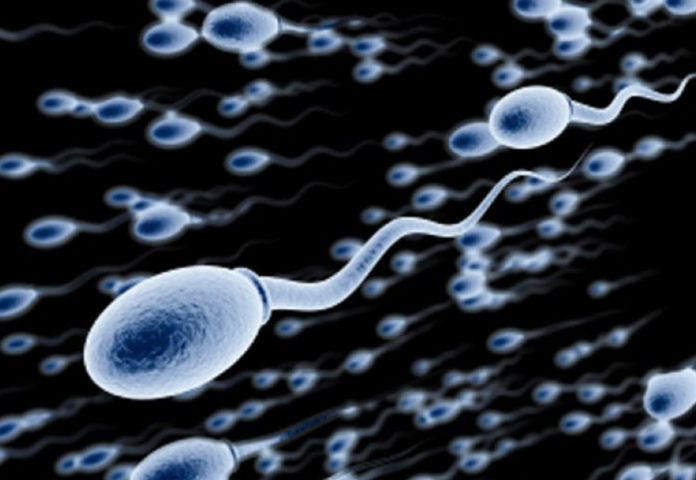
- Study quoted by NYT cites dwindling sperm quality and count in present generation men
- Quality so bad most cannot even complete the swimming race
- Culprit could be chemical called endocrine disruptors, found in plastics, cosmetics, couches and pesticides
Mankind as how we know it could be in trouble, folks – if a recent scientific study on sperm is anything to go by.
According to medical experts and researchers quoted by the New York Times in an article on the deteriorating state of sperm quality and count, an increasing proportion of sperm — now about 90 per cent in a typical young man — are misshapen, sometimes with two heads or two tails.
It further quoted specialists as saying that unlike its forefathers and ancestors, human sperm is not your typical athlete any longer.
To put it in perspective, even when they happen to be normally shaped, not many have that mojo to swim to that finish line anymore.
The NYT quoted Shanna Swan, an epidemiologist at the Icahn School of Medicine at Mount Sinai, who notes that researchers have also linked semen problems to shorter life expectancy.
And now human and animal studies have now suggested that a crucial culprit for this decrease in semen quality and fertilty is a common class of chemical called endocrine disruptors, found in plastics, cosmetics, couches, pesticides and countless other products.
And there’s more bad news for the male spieces.
The article said related to the problem of declining semen quality is an increase in testicular cancer in many countries; in undescended testicles; and in a congenital malformation of the penis called hypospadias (in which the urethra exits the side or base of the penis instead of the tip).
These problems are often found together and are labeled testicular dysgenesis syndrome, the article stated.
It said a recent study found that of sperm donor applicants in Hunan province in China, 56 per cent qualified in 2001 because their sperm met standards of healthiness. By 2015, only 18 per cent qualified.
So, what should mankind do now to avert a possible human reproduction crisis?
Swan suggested avoiding plastics as much as possible, including food or drinks that have touched plastic or been heated in plastic, eating organic and avoiding receipts from thermal printers, like at petrol stations and automated teller machines.